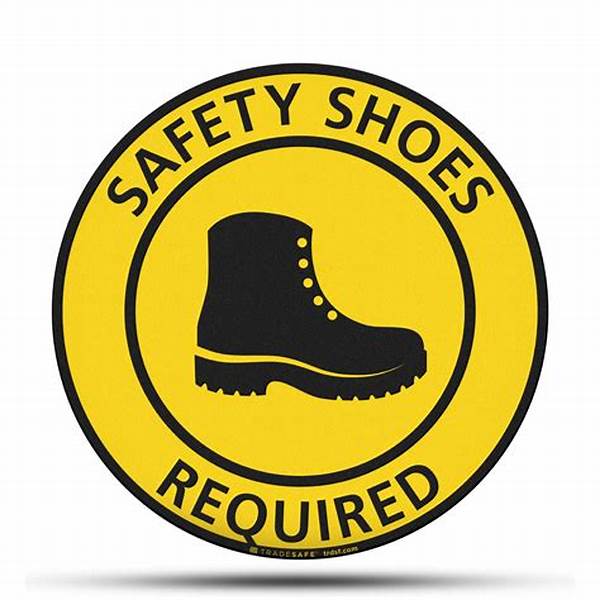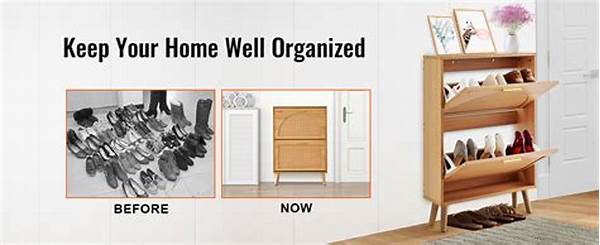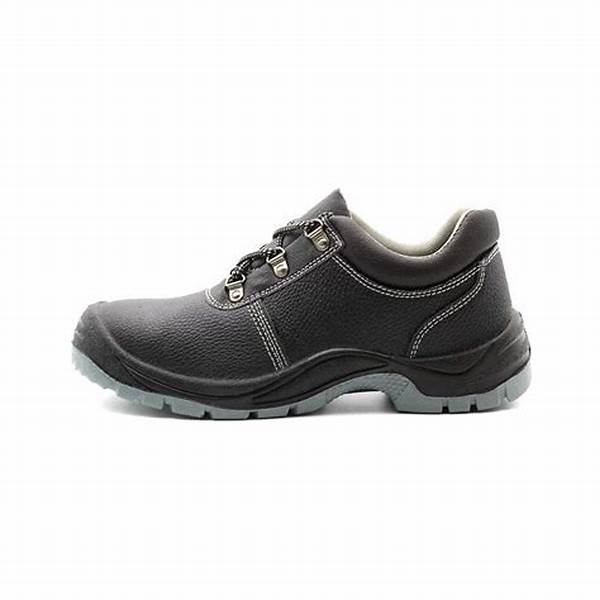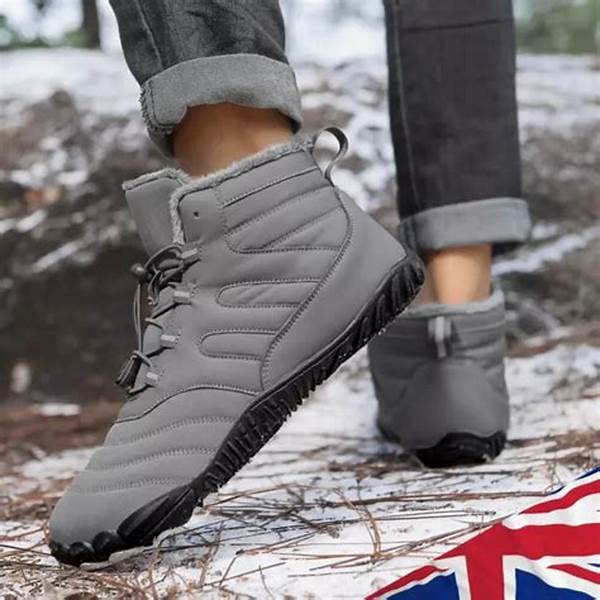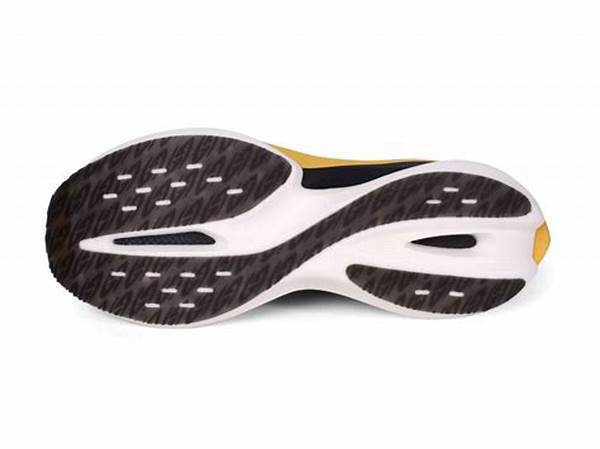Hey there, wonderful readers! If you’ve ever stayed at a hotel and marveled at the seamless service, let’s not forget the people making it all happen. Hotel workers are the backbone of the hospitality industry. But have you ever considered the toll it might take on their feet? Yup, standing and walking so much demands protective footwear. So, let’s dive into why protective footwear for hotel workers is such a big deal.
Read Now : High-quality Men’s Slip-on Shoes
Why Protective Footwear Matters
Alright, let’s break it down. Hotels are bustling environments; think about the bustling kitchens, the busy front desks, or even the housekeepers moving with ninja-like agility. Whether it’s toting trays or greeting guests, it’s a dance of precision and balance on surfaces that aren’t always forgiving. Enter protective footwear for hotel workers! It’s all about comfort, safety, and making sure those hardworking feet are supported.
Protective footwear for hotel workers can prevent slips, trips, and falls, which are more common than you’d think. With wet floors being an occupational hazard, having shoes with anti-slip soles is a game-changer. And what about those long shifts? Cushioned insoles aren’t just a luxury—they’re a necessity to keep fatigue at bay.
Finally, it’s about professionalism too! A good pair of shoes isn’t just protective but also complements a worker’s uniform. It ties the whole look together, making sure every glance is picture-perfect. Protective footwear for hotel workers is not about style over substance; it beautifully combines both!
Diverse Needs in Hotel Settings
1. Variety in Roles: Different roles like chefs, porters, and cleaners call for specialized protective footwear for hotel workers.
2. Safety First: Anti-slip soles are an absolute must for those constantly on their feet.
3. Comfort Counts: Ergonomic designs are key to long shifts without discomfort.
4. Durability Matters: The right pair can withstand spills, drops, and all the hustle.
5. Stylish Yet Practical: Helps maintain a professional appearance while offering necessary protection.
Key Features of Protective Footwear
When it comes to choosing protective footwear for hotel workers, there are some vital things to keep in mind. First off, comfort and support are deal-breakers. Nobody wants to be hobbled by foot pain halfway through a shift, right? So, look for features like cushioned footbeds and arch support.
Then there’s durability. Given how much these shoes endure each day, they need to withstand all sorts of challenges, from slippery kitchens to busy lobbies. Non-slip soles are a lifesaver, providing much-needed stability on wet or greasy floors. Breathability is also a big plus, keeping feet cool even during hectic moments.
Lastly, aesthetics do matter. This footwear needs to complement the sleek uniforms hotel workers proudly wear. With stylish yet practical designs, protective footwear can be both functional and fashion-forward. It’s a win-win situation—happy feet and a sharp appearance!
Read Now : Comfortable Everyday Ankle Boots
Addressing Comfort and Safety
Let’s talk more about the comfort and safety aspect of protective footwear for hotel workers. Many people don’t realize just how vital it is until they’re a few hours into their shift, and suddenly their feet are begging for mercy. Long shifts and constant movement mean that shoes without proper support can lead to aches and even long-term foot issues.
Enter protective footwear for hotel workers—specifically designed to tackle these challenges head-on. With cushioned insoles and breathable materials, these shoes are geared towards providing maximum comfort. Many brands also prioritize arch support to ensure that every step taken is a comfortable one.
On the safety front, things like slip-resistant soles add a layer of security against potential hazards like wet or slippery surfaces. It’s the kind of protection that allows hotel workers to focus on their tasks without the added worry of potential spills or accidents. Ultimately, the right footwear means accruing fewer injuries, and who doesn’t want that kind of peace of mind?
Challenges in Implementation
Okay, let’s chat about the not-so-glamorous side of things—implementing protective footwear for hotel workers. It sounds straightforward, right? But ensuring everyone has the right shoes can be a logistical puzzle. Costs, fit, and individual preferences all play a role in this footwear dilemma.
Training is crucial, too. Workers may need guidance on why specific shoes are necessary and how they contribute to a safer work environment. Businesses must be willing to invest in quality footwear and understand the long-term benefits, like reduced sick days and increased worker satisfaction.
Plus, staying updated with footwear technology is vital. It may seem trivial, but this ensures that workers have access to the latest features that can enhance comfort and safety. In the end, it’s all about creating an environment where employees feel valued and their health is prioritized—starting from the ground up.
Conclusion: Stepping Towards Better Work Conditions
To wrap things up, protective footwear for hotel workers is more than just an accessory—it’s an essential part of their everyday attire. Providing the right pair of shoes isn’t just about meeting safety requirements; it’s about investing in the well-being and efficiency of your staff.
Protective footwear goes a long way in ensuring that workers can perform their duties effectively, with less risk of injury and more focus on delivering top-notch service. It’s about showing appreciation for the hardworking individuals in the hotel industry by making sure their work environment is supportive, literally from the ground up.
From sleek designs to supportive features, protective footwear is a small change that can make a huge difference in the daily lives of hotel workers. So, the next time you’re on a staycation or business trip, spare a thought for the shoes that help hotel workers keep everything running smoothly and stylishly.
